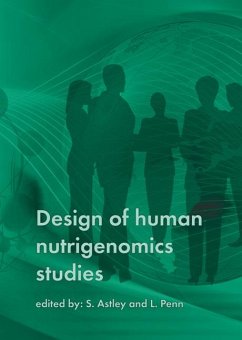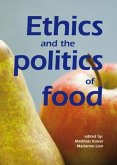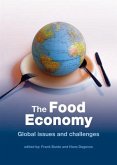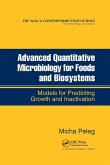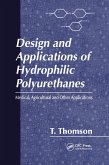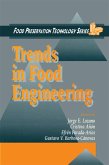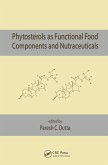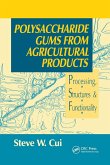The key to exploiting links between diet and health is to have a better understanding of how our bodies respond to what we eat. In the past, many food constituents were regarded as unimportant because they lacked a specific nutritional role. More recently nutritional research has been limited to a few dietary compounds, a handful of relevant biochemical pathways and a small number of genes pertinent to specific diseases. These studies have given rise to specific examples of benefits provided by individual/ groups of food compounds including non-nutrients, and demonstrated that whilst poor diet can accelerate age-related degeneration, a diet rich in fruits and vegetables, cereals and plant oils significantly reduces our risk of chronic disease. However, the benefits of dietary and lifestyle choices are not the same for everyone. Nutrigenomics offers a more holistic approach to nutritional research. It considers not only our genes and the effect they have on our response to diet but, also how diet affects our genes and proteins to alter our metabolism and our risk of disease as we age. However, the logistics associated with human study design and interpretation of the data generated, using these technologies, is complex. The European Network of Excellence NuGO was established in 2004 with the specific aim of developing and integrating omic technologies for European nutritional research. This has meant focusing on technical problems specific to nutrition as well as training existing and new researchers to use the technology alongside existing and new approaches. The workshop, Design of human nutrigenomic studies, reviewed examples of successful human nutrition studies using post-genomics technologies (transcriptomics, metabolomics, and proteomics) and the issues discussed are described in detail in this publication.
Hinweis: Dieser Artikel kann nur an eine deutsche Lieferadresse ausgeliefert werden.
Hinweis: Dieser Artikel kann nur an eine deutsche Lieferadresse ausgeliefert werden.

